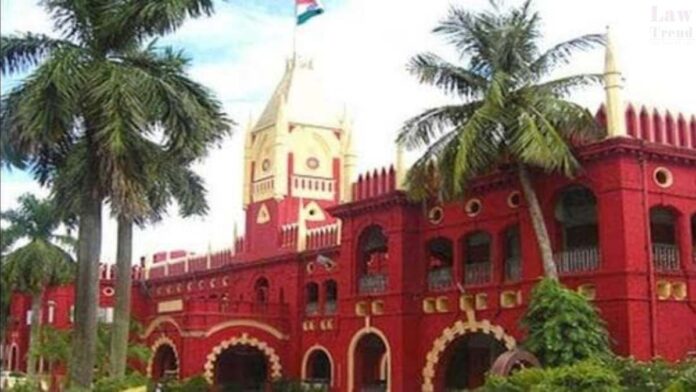The Orissa High Court has ruled that directing a DNA test of a child in the face of an express admission by the mother would amount to an “insult to her motherhood” and run contrary to law.
Justice B.P. Routray, sitting as a single-judge bench, dismissed a Civil Miscellaneous Petition challenging a trial court’s refusal to order a DNA test in a property partition case. The opposition party had sought to dispute the paternity of a 58-year-old man despite clear testimony from his mother.
“I do not see this as a fit case to be directed for DNA test of the man in this case. No infirmity is seen in the order of the learned trial court refusing the prayer of the petitioner. Resultantly, the Civil Miscellaneous Petition is dismissed,” the court held.
The court noted that in her cross-examination, the man’s mother unequivocally stated that he was her son through Thuta Budula, her late husband. The opposition party did not dispute the validity of their marriage, nor her status as Budula’s wife. Justice Routray observed that a third party had no legal authority to question such a relationship, and any attempt to force a DNA test would “violate the dignity of motherhood.”
Relying on Section 112 of the Indian Evidence Act, which presumes legitimacy of a child born during a valid marriage, the court stressed that paternity cannot be unsettled lightly. “Directing a DNA test on the face of the mother’s admission would be against the law enumerated in Section 112,” the judgment stated.
The High Court emphasised that courts should not routinely direct DNA tests in matters of paternity. Such tests should only be ordered when there is “eminent need” and when truth cannot be reached otherwise. Justice Routray highlighted that recognition of a son is not based merely on biological proof but also on societal acceptance and recognition within the family.
The court further observed that compelling a DNA test at this stage would not only infringe upon the right to privacy but also serve no purpose in a partition suit. The central issue in such cases is membership in the joint family, not genetic lineage.
“In our view, when there is apparent conflict between the right to privacy of a person not to submit himself forcibly to medical examination and duty of the court to reach the truth, the court must exercise its discretion only after balancing the interests of the parties,” the bench said.




